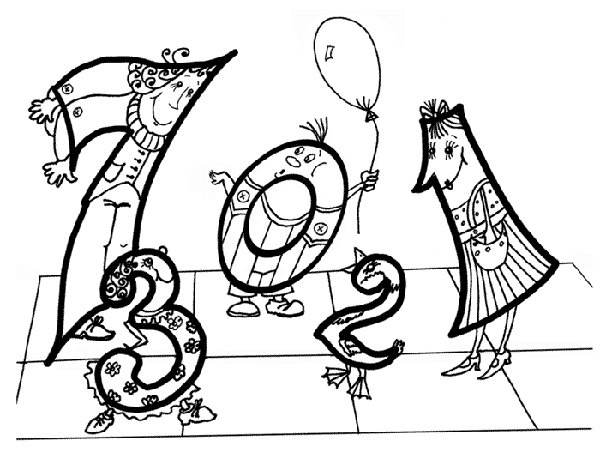After discovering the excellent Gwene service, which allows you to subscribe to newsgroups to read RSS content ( blogs, planets, commits, etc), I came to read this nice article about Happy Numbers. That’s a little problem that fits well an interview style question, so I first solved it yesterday evening in Emacs Lisp as that’s the language I use the most those days.
A happy number is defined by the following process.










